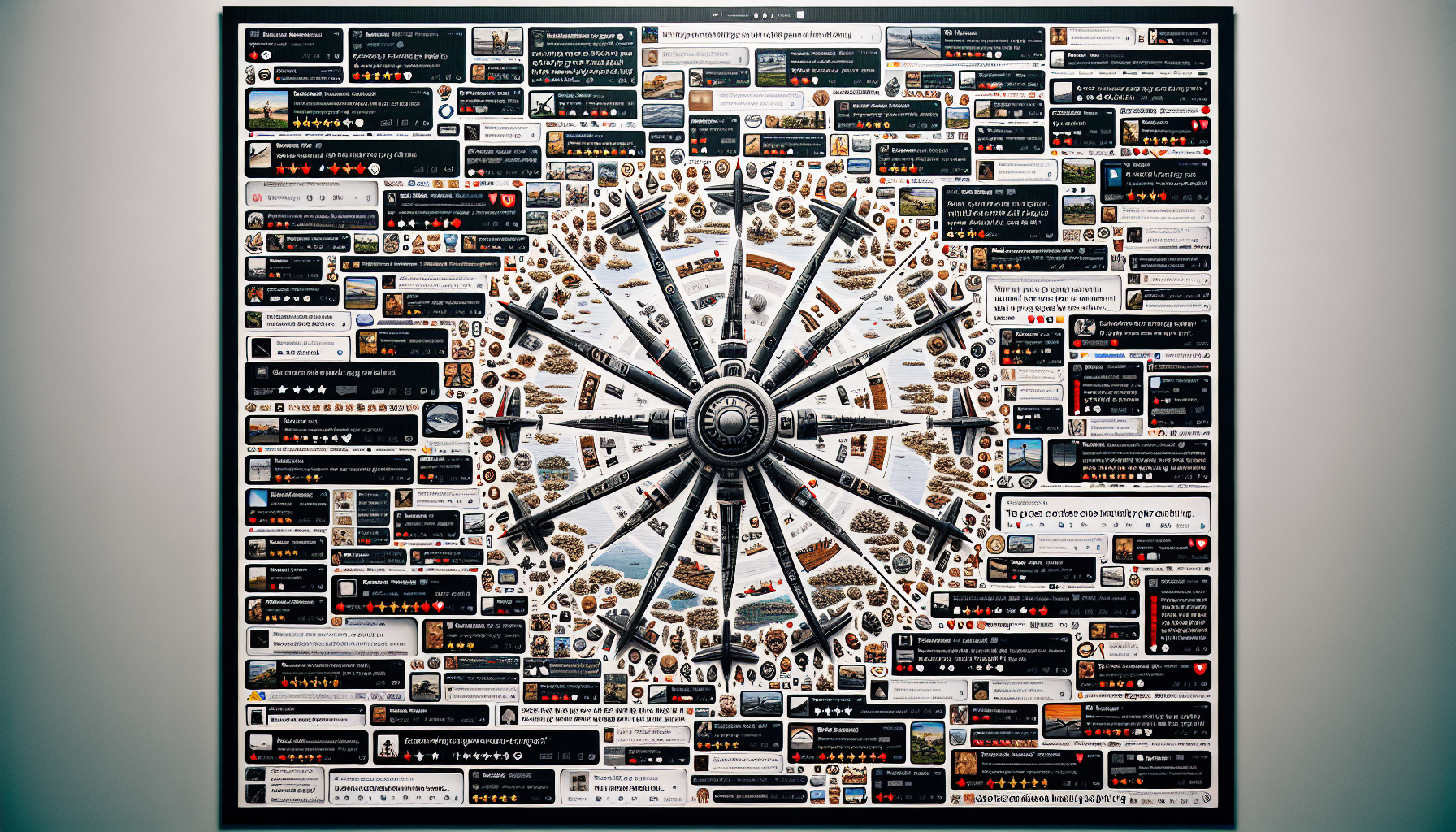Alright, let’s talk about something that’s been buzzing around online gambling circles: Aviator predictor AI tools. Promises of guaranteed wins are flying around faster than those little planes in the game itself. But, as someone who’s spent years in the saddle, so to speak, I’ve learned to be wary of anything that sounds too good to be true. So, are these AI predictors the real deal, or just snake oil dressed up in fancy algorithms?
I’ve seen it all, from “foolproof” betting systems to lucky charms, and the one constant is that the house usually wins. That’s not to say there isn’t skill and strategy involved in games like Aviator, but claiming an AI can *predict* crashes with 100% accuracy? That raises some serious red flags.
The allure is understandable, though. The Aviator game, with its increasing multiplier and the ever-present risk of a sudden crash, is designed to get your adrenaline pumping. The idea of having an AI buddy whispering the perfect cash-out moment in your ear is incredibly tempting.
The Hype Machine: What They Promise
The sales pitches for these Aviator predictor AI tools are usually slick and convincing. They often boast about using advanced machine learning algorithms, analyzing vast amounts of data to identify patterns and predict the exact moment the plane will crash. Some even offer “guaranteed” win rates or claim to have insider information. They might even direct you to a site where you can get an aviator predictor ai, promising untold riches. It’s all very enticing, especially if you’re new to the game or have had a few unlucky streaks.
But let’s be real. If someone *actually* had a system that could consistently beat a game of chance, would they be selling it online for a few bucks? Or would they be using it to amass a fortune and retire to a private island?
The Reality Check: How Aviator Actually Works
Aviator, at its core, is a provably fair game. This means the outcome of each round is determined by a random number generator (RNG) and cryptographic algorithms, ensuring that neither the casino nor the players can predict the results. While the game displays historical data – past crash points – this information is just that: historical. It has absolutely no bearing on future outcomes. Each round is independent, a fresh roll of the dice, so to speak.
Think of it like flipping a coin. Just because you’ve flipped heads five times in a row doesn’t mean the next flip is guaranteed to be tails. The odds remain 50/50 every single time.
The Problem with “AI” Predictions
The “AI” in these predictor tools is often a misnomer. While some might use basic statistical analysis to identify trends, they can’t account for the inherent randomness of the game. At best, they might offer some educated guesses, but they’re no more reliable than a gut feeling or a lucky number.

What’s worse, many of these tools are outright scams. They might collect your personal information, install malware on your device, or simply take your money and disappear. Remember that if something sounds too good to be true, it probably is.
Expert Opinions
“The allure of quick riches often blinds individuals to the inherent risks of online gambling,” says Dr. Anya Sharma, a behavioral psychologist specializing in gambling addiction at the University of California, Berkeley (2023). “Tools claiming to predict outcomes exploit this vulnerability, offering false hope and potentially leading to significant financial losses.”
“Provably fair games are designed to be random,” explains David Miller, a cybersecurity expert with extensive experience in online gaming security at NortonLifeLock (2024). “Any tool claiming to bypass this randomness should be viewed with extreme skepticism. At best, they’re ineffective; at worst, they’re malicious.”
Typical User Mistakes
- Believing the Hype: Many users fall prey to the persuasive marketing tactics of these predictor tools, failing to critically evaluate the claims being made. This is often fueled by a desire to recoup losses or achieve quick profits.
- Ignoring the Risks: Users often overlook the potential for financial loss and the risks associated with using unverified software, such as malware or data theft.
- Chasing Losses: Relying on these tools can lead to chasing losses, where users increase their bets in an attempt to recover previous losses, further exacerbating their financial situation. According to the National Council on Problem Gambling (NCPG), chasing losses is a common characteristic of problem gambling.
A More Realistic Approach
If you enjoy playing Aviator, treat it as entertainment, not as a get-rich-quick scheme. Set a budget, stick to it, and never gamble more than you can afford to lose. Understand the game’s mechanics, develop your own strategies, and be prepared for both wins and losses. And most importantly, be skeptical of anyone promising guaranteed results.
Focus on Responsible Gaming
Responsible gaming is paramount. This means setting limits on your spending, taking breaks, and recognizing the signs of problem gambling. There are resources available to help if you feel you’re losing control. Organizations like Gamblers Anonymous and the National Council on Problem Gambling offer support and guidance.
The Bottom Line
Aviator predictor AI tools are, in my opinion, more hype than substance. They prey on the desire for easy money and offer false promises of guaranteed wins. While the idea of having an AI assistant might sound appealing, the reality is that these tools are unlikely to improve your odds and may even put you at risk. Remember, there’s no magic formula for beating a game of chance. Play responsibly, enjoy the experience, and be wary of anything that sounds too good to be true.

Ultimately, the best strategy is to be informed, responsible, and to remember that gambling should be a source of entertainment, not a source of income.
